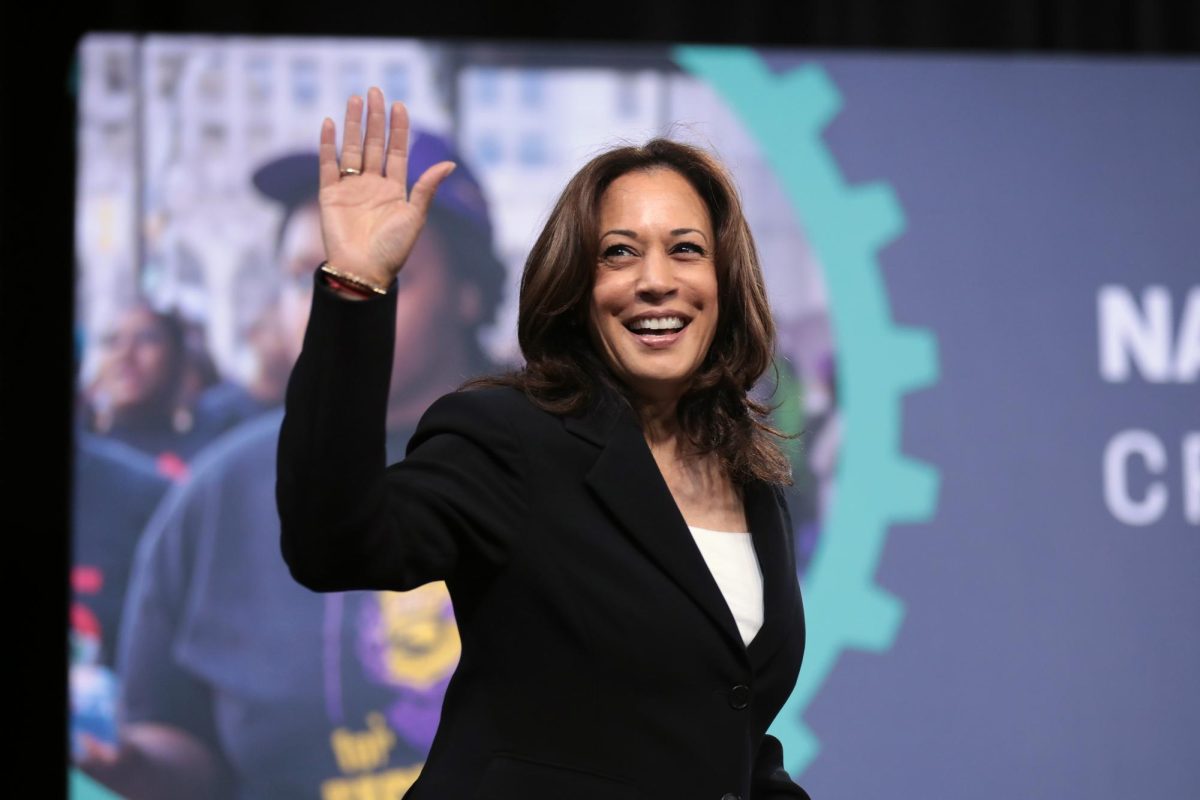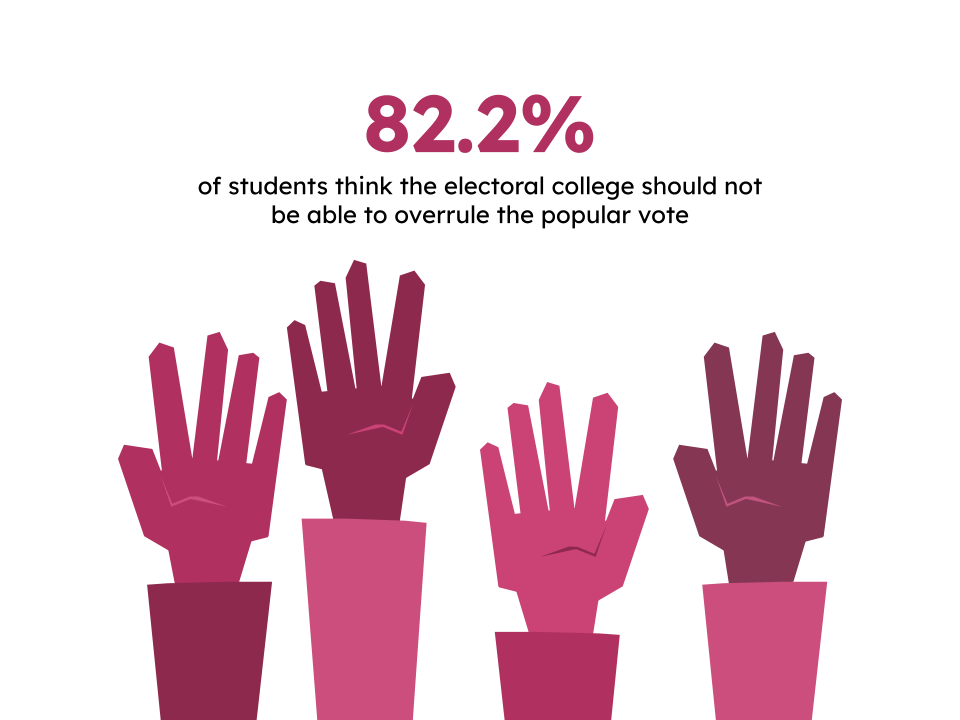At Communications High School (CHS), many students look to prestigious colleges in cities like New York, Washington D.C. and Boston as their dream destinations. These schools offer unique academic opportunities, cultural richness and post-graduation advantages that draw students from across the country. A closer look at student choices, admissions statistics and interviews shed light on why these schools are so appealing and what effect this has on the student body.
New York City, Washington, D.C. and Boston have long been considered hubs of opportunity. At CHS, schools such as New York University, Georgetown University, George Washington University and Northeastern University are among the most applied-to institutions. These schools each have robust academic programs, extensive internship opportunities, undergraduate co-ops and vibrant campus life—all factors that are attractive to ambitious, career-driven students. For instance, Boston University, with its rigorous academic reputation and prime location, is a highly coveted choice for students interested in the arts, humanities and business. This year alone, 16 people have applied to their prominent programs. Similarly, George Washington University’s proximity to the heart of U.S. politics makes it a top destination for those pursuing political science and international relations majors.
The popularity of these schools is evident in the admissions statistics. For example, Columbia University has an acceptance rate of just 4% with 2,327 students out of 60,248 applicants accepted, while Georgetown’s rate hovers around 12%. These numbers emphasize the competitive nature of applying to these schools, where the chances of acceptance are low and applicants are expected to present outstanding academic records, extracurricular involvement and personal achievements. For students at CHS, the intense competition is part of the allure, as attending a prestigious school can offer not only academic fulfillment, but also potential advantages in future career opportunities.
Interviews with CHS students reveal the qualities that make these schools so appealing.
Senior Hannah Hewitson, for example, mentions that “I’ve applied to three schools in New York — Ithaca, Syracuse, and Cornell — and the main draw for me is that these schools are not too far from home, but they’re also close to many opportunities for my major..”
Hewitson also adds, “I’ve stuck with most of my extracurriculars since freshman year or earlier, which I think is important since it shows you are committed to your activities. As a senior, I have taken on more leadership-activities because I know colleges look for that.”
CHS’s reputation as a career-focused magnet school also plays a significant role in guiding students toward these programs. The rigorous academic track and focus on career preparation make students more likely to apply to schools that offer specialized programs aligned with their future goals. This creates a pattern of students applying to similar schools, which in turn increases the competitive nature of applications. For example, students interested in international relations are drawn to schools with strong political science programs like Georgetown or Tufts, while those interested in business, marketing or journalism may gravitate toward Syracuse University or Northwestern’s renowned Medill School of Journalism.
The rising number of students vying for spots at top-tier institutions inevitably leads to heightened competition, which can have both positive and negative effects. On one hand, it encourages students to push themselves academically and personally, knowing they will be evaluated against the best of the best. On the other hand, it can contribute to stress and anxiety as students try to meet the high expectations set by their peers and their school.
Junior seminar teachers at CHS recognize the intense pressure students face during the college application process.
Junior seminar teacher Kelly Lang, notes, “I always tell my students to get their applications in early and not to procrastinate. Right now, they just don’t get how much time and effort it will actually take. I also tell them to look at specific programs, and not just to apply to schools because of the name.”
This guidance helps students look beyond the rankings and focus on programs that truly match their academic interests and career aspirations, leading to more thoughtful and strategic college choices.
The attraction to New York, D.C. and Boston schools reflects the broader trends at CHS, where career-focused students seek out prestigious institutions to advance their futures. While the competitiveness of these schools can create a high-pressure environment, it also pushes students to strive for excellence, shaping how they approach both their academic pursuits and their college applications.









